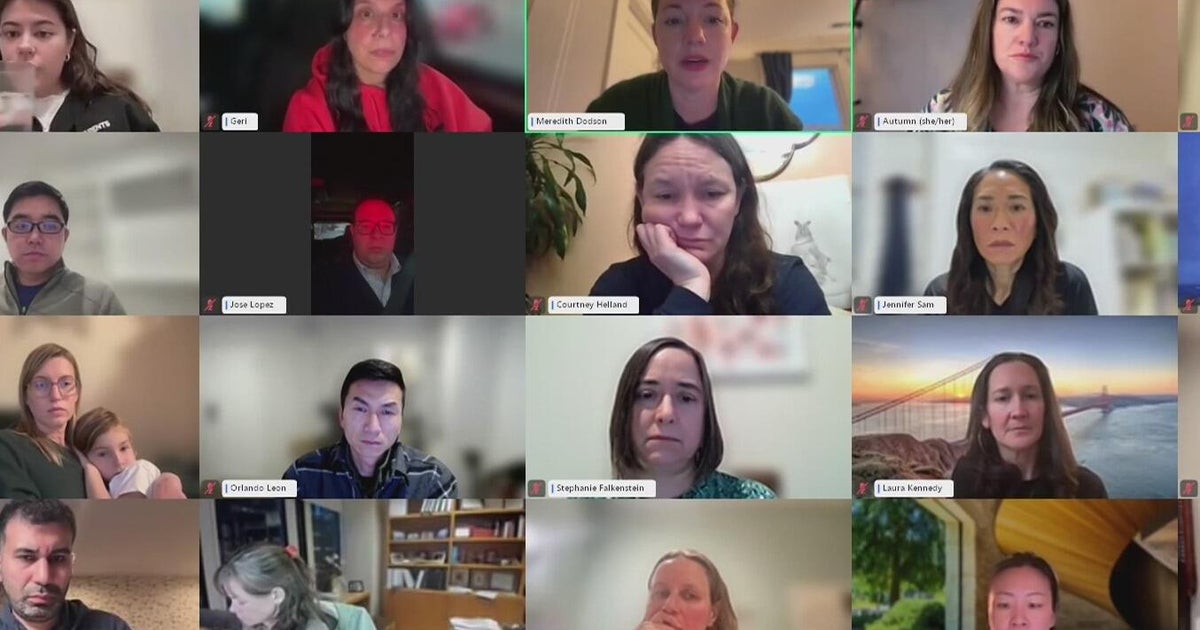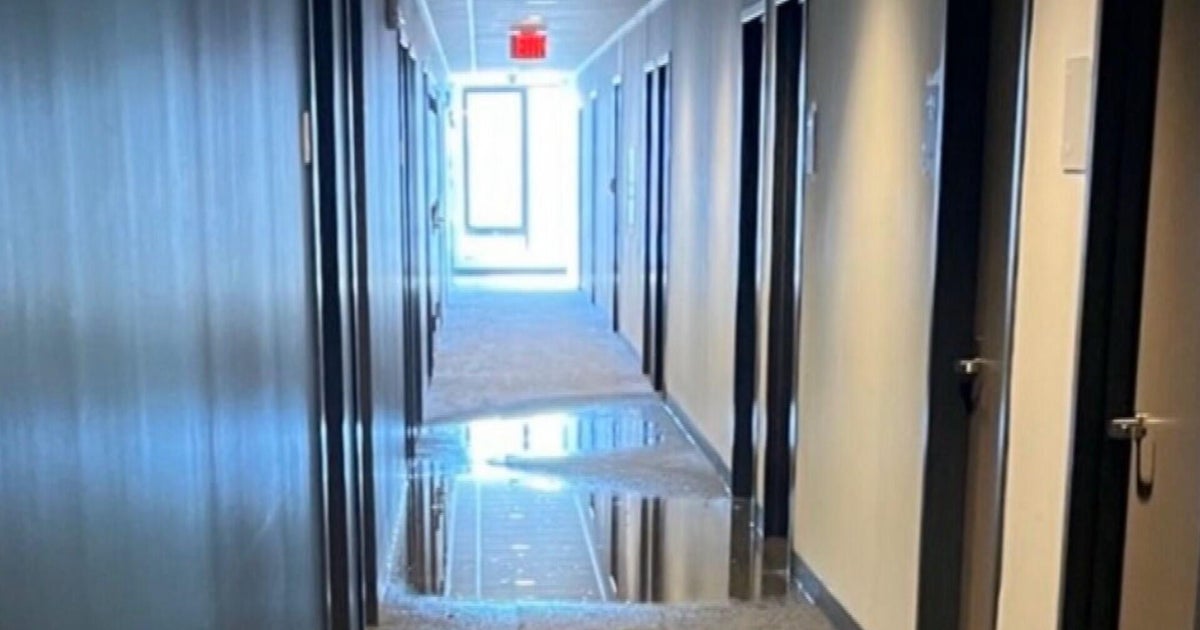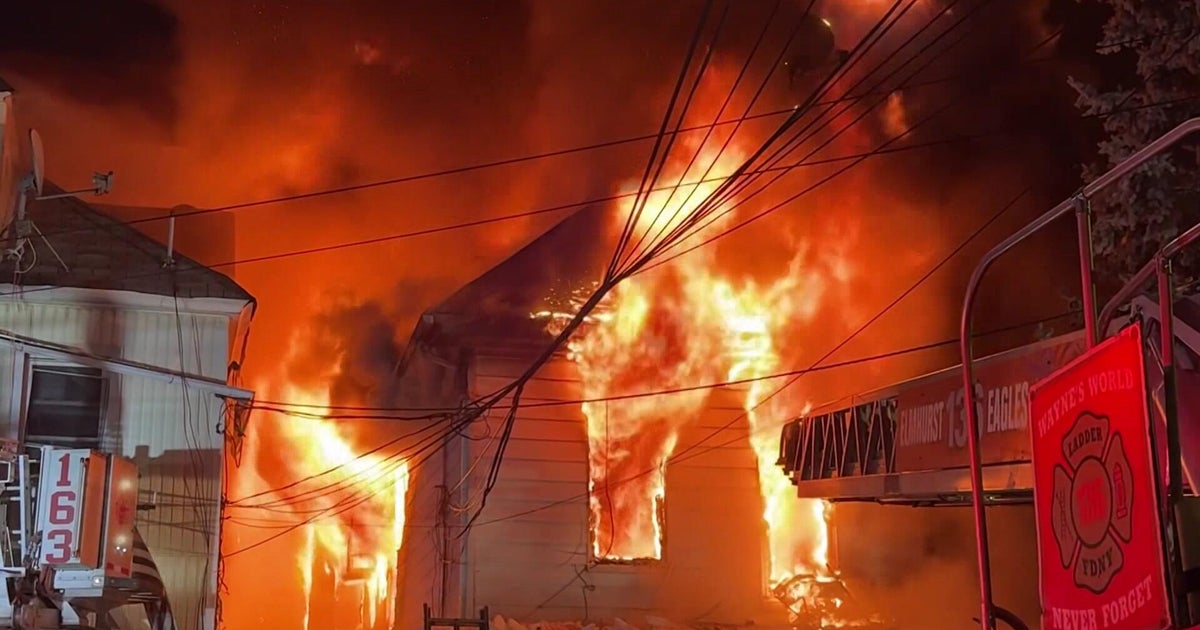ADHD medication shortage continues, causing students to struggle
It's been more than one year since the shortage of ADHD medications began, and it continues. Patients still struggle to fill their prescriptions for Adderall XR and other stimulants like Vyvanse, Concerta, and Focalin.
The Food and Drug Administration's list of drugs included in the shortage continues to grow, leaving many without their medications or driving distances to get it. And those going without, are often children.
"This is very different than any other medication shortage. We're talking about children. We're talking about their education," said Dr. Eric Ball, pediatrician.
"Because of these shortages, we have children who have to jump from one medicine to the other, and every month, every week. They're feeling differently. They're learning differently. This is really, really hard on kids."
And it's extra work for pharmacists who have to call around to figure out an appropriate substitution. Since ADHD medications are controlled substances, prescriptions have to be filled monthly as only one thirty-day supply is distributed at a time.
The FDA and Drug Enforcement Administration released a joint letter saying they are "working closely with numerous manufacturers, agencies, and others in the supply chain to understand, prevent, and reduce the impact of these shortages."
This has parents worried. Jennifer Miramontes is concerned her 14-year-old daughter's long-term mental health will be impacted because she can't focus at school or when her grades drop.
"… I think people don't really consider the long-term implications of what we are doing to our children with something as simple as a medication shortage," said Miramontes.
In their joint letter, the agencies say the stimulant shortage began last fall due to a manufacturing delay experienced by one drug maker, which has since been resolved. Other factors leading to the continued shortage are a widespread misuse of the drugs and a sharp increase in adult ADHD diagnoses during the pandemic created greater demand.
The agencies say that manufacturers only sold 70 percent of their allotted quota, with about one billion more doses that they could have been produced, but were not made or shipped.
"We (DEA and the FDA) have called on manufacturers to confirm they are working to increase production to meet their allotted quota amount," the agencies wrote in their letter.
"If any individual manufacturer does not wish to increase production, we have asked that manufacturer to relinquish their remaining 2023 quota allotment."







